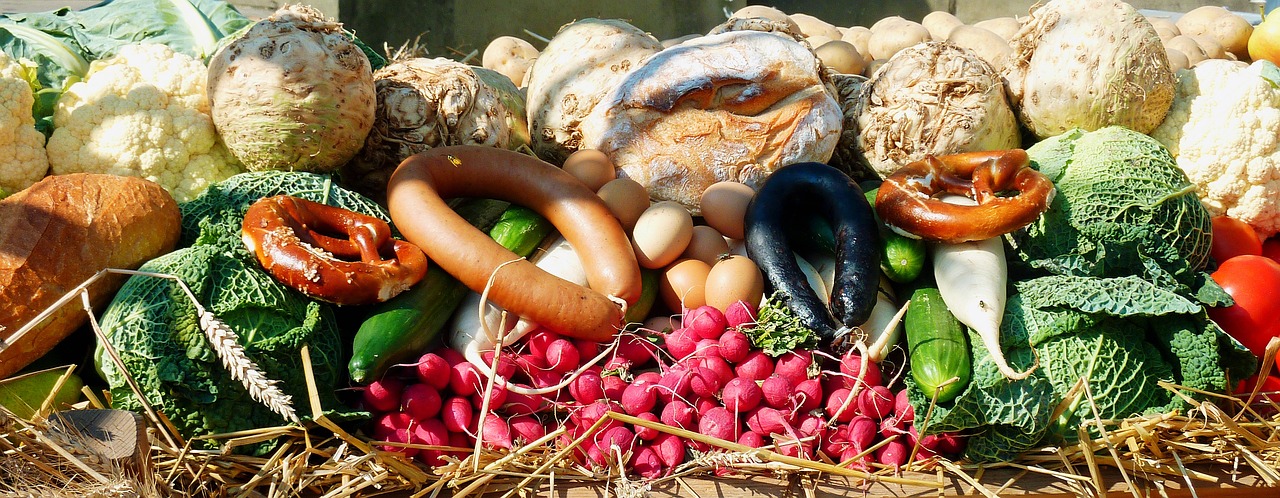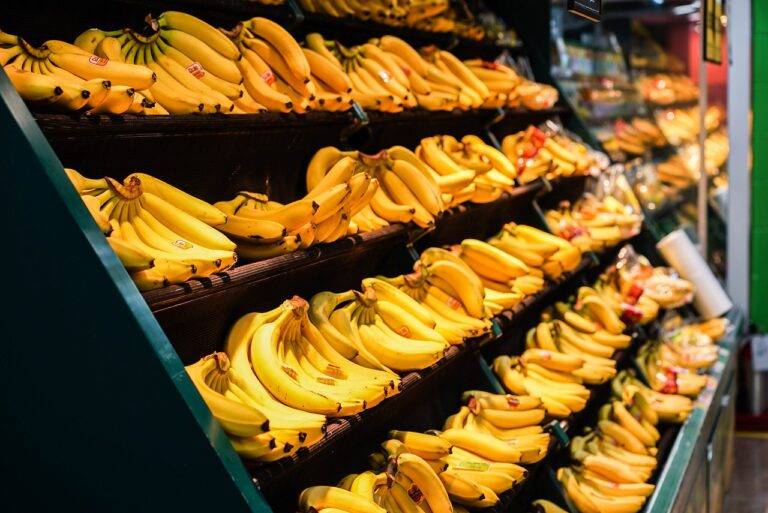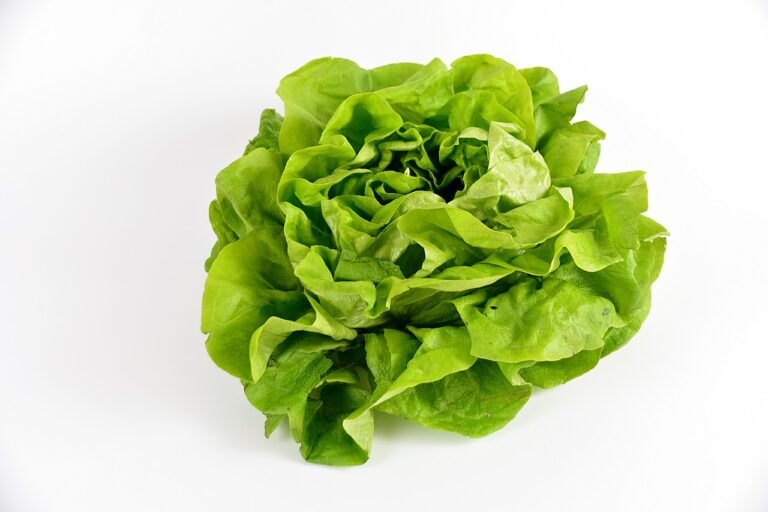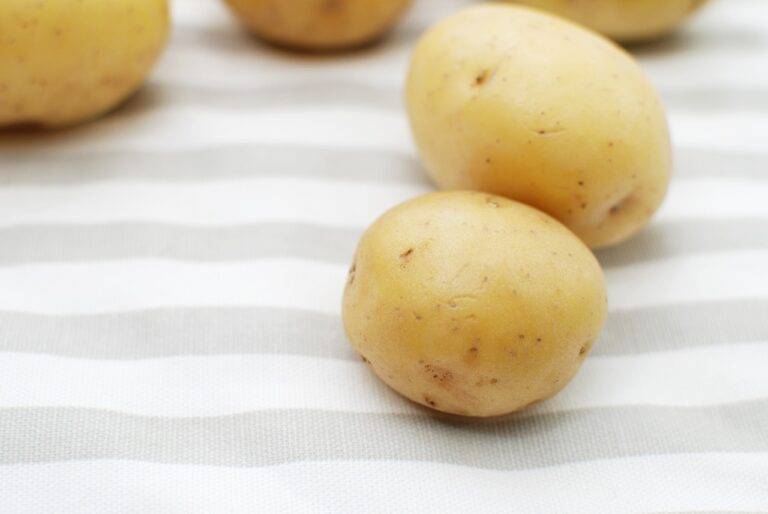The Art of Meat Fermentation: Preserving Flavor and Nutrition: Sky247.net login, Gold365.com, Gold365.win
sky247.net login, gold365.com , gold365.win: The art of meat fermentation has been around for centuries, with cultures all over the world utilizing this process to preserve flavor and nutrition. Fermentation not only extends the shelf life of meat but also enhances its taste and nutritional content. In this article, we will delve into the fascinating world of meat fermentation, exploring the various methods, benefits, and tips for successfully fermenting meat at home.
What is Meat Fermentation?
Meat fermentation is a process that involves the use of beneficial bacteria to break down the proteins and sugars in meat, creating a tangy, flavorful product. This process not only enhances the taste of the meat but also helps to preserve it by inhibiting the growth of harmful bacteria. Fermented meats are common in many cuisines around the world, with each culture having its own unique methods and flavors.
The Benefits of Meat Fermentation
There are several benefits to fermenting meat, including:
1. Preservation: One of the primary benefits of meat fermentation is preservation. By inhibiting the growth of harmful bacteria, fermentation extends the shelf life of meat, allowing it to be stored for longer periods without spoiling.
2. Flavor Enhancement: Fermentation imparts a unique and complex flavor profile to meat, making it tangy, savory, and delicious. The fermentation process breaks down proteins and sugars in the meat, creating new compounds that contribute to its rich flavor.
3. Nutritional Value: Fermented meats are not only tasty but also packed with nutrients. The beneficial bacteria used in fermentation produce enzymes that make the nutrients in meat more digestible and bioavailable, enhancing its nutritional value.
Methods of Meat Fermentation
There are several methods of fermenting meat, each with its own unique characteristics and flavors. Some common methods include:
1. Dry-Curing: Dry-curing involves coating the meat in a mixture of salt, sugar, and spices and allowing it to ferment in a controlled environment. This method is often used to make sausages, salami, and other cured meats.
2. Wet-Curing: Wet-curing involves submerging the meat in a brine solution containing salt, sugar, and spices. The meat is then left to ferment for a period of time before being cooked or dried.
3. Fermented Sausages: Fermented sausages are made by grinding meat and mixing it with salt, sugar, spices, and beneficial bacteria. The mixture is then stuffed into casings and left to ferment for several days or weeks.
Tips for Successful Meat Fermentation
If you’re interested in trying your hand at meat fermentation, here are a few tips to help you get started:
1. Use high-quality meat: Start with fresh, high-quality meat to ensure the best results. Avoid using meat that is past its expiration date or has been sitting in the fridge for too long.
2. Keep it clean: Make sure to clean and sanitize all equipment and work surfaces before starting the fermentation process. This will help prevent the growth of harmful bacteria and ensure a successful fermentation.
3. Monitor temperature and humidity: Different types of meat require specific temperature and humidity levels for successful fermentation. Invest in a good thermometer and hygrometer to monitor these conditions accurately.
4. Be patient: Patience is key when it comes to meat fermentation. The process can take anywhere from a few days to several weeks, depending on the type of meat and method of fermentation used. Resist the urge to rush the process and allow nature to take its course.
FAQs
Q: Is it safe to ferment meat at home?
A: With the right techniques and equipment, fermenting meat at home can be safe. It is essential to follow proper food safety guidelines and monitor the fermentation process closely to prevent the growth of harmful bacteria.
Q: How long can fermented meat be stored?
A: Fermented meat can be stored for extended periods, depending on the type of meat and fermentation method used. Some fermented meats, such as salami, can be stored for several months or even years if properly cured and stored in a cool, dry place.
Q: Can I ferment meat without using harmful chemicals?
A: Yes, it is possible to ferment meat without using harmful chemicals. Many traditional methods of meat fermentation rely on natural ingredients such as salt, sugar, spices, and beneficial bacteria to preserve and flavor the meat.
In conclusion, meat fermentation is a time-honored tradition that can enhance the flavor and nutritional value of meat while preserving it for extended periods. By following proper techniques and guidelines, you can enjoy the unique and delicious taste of fermented meats right in your own home. So why not give it a try and explore the wonderful world of meat fermentation for yourself?







